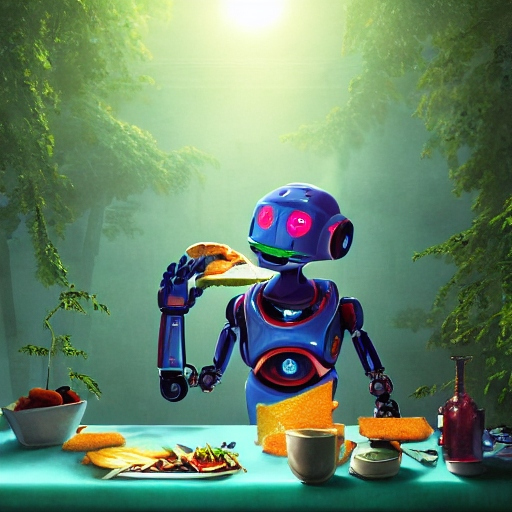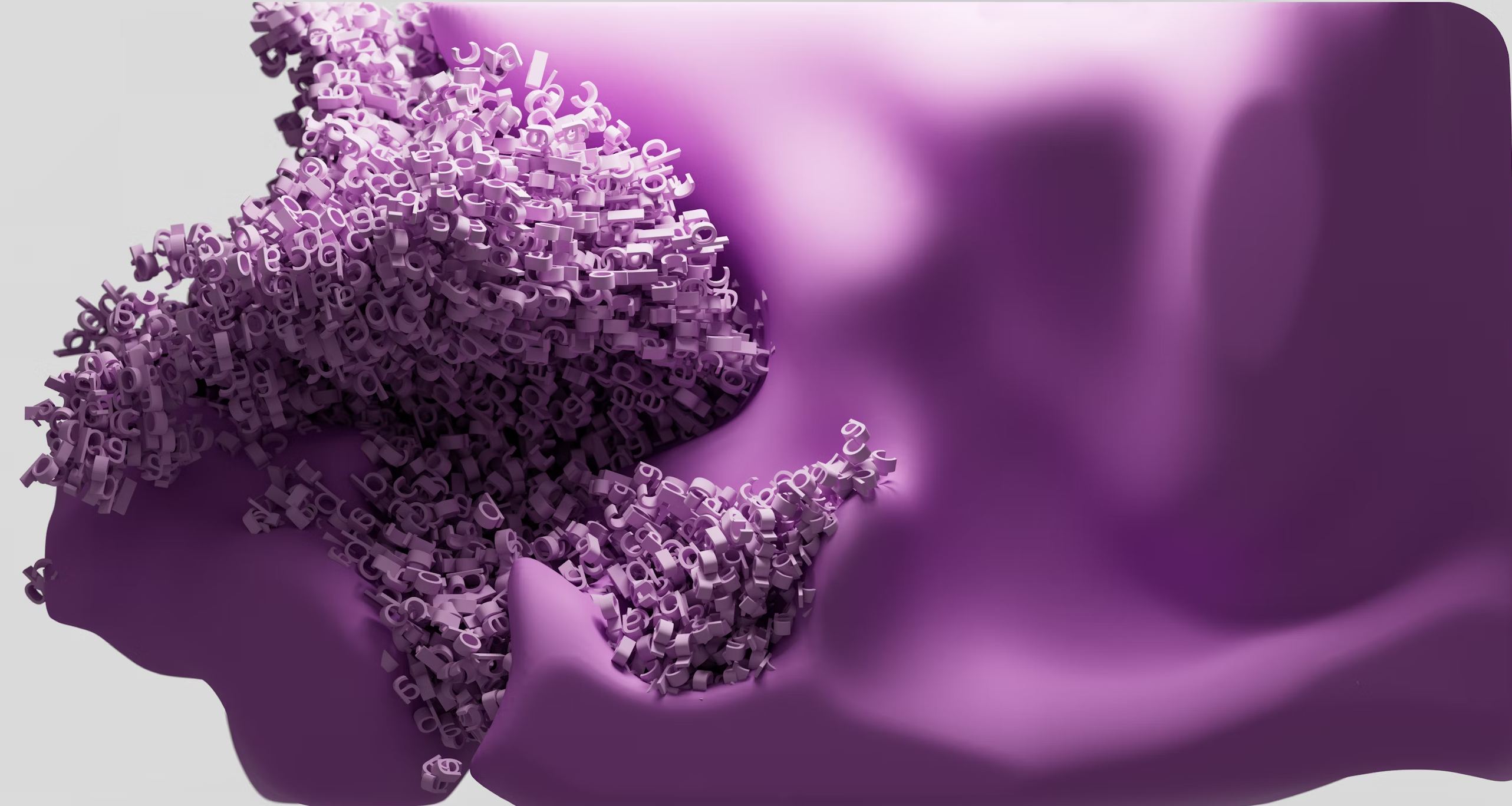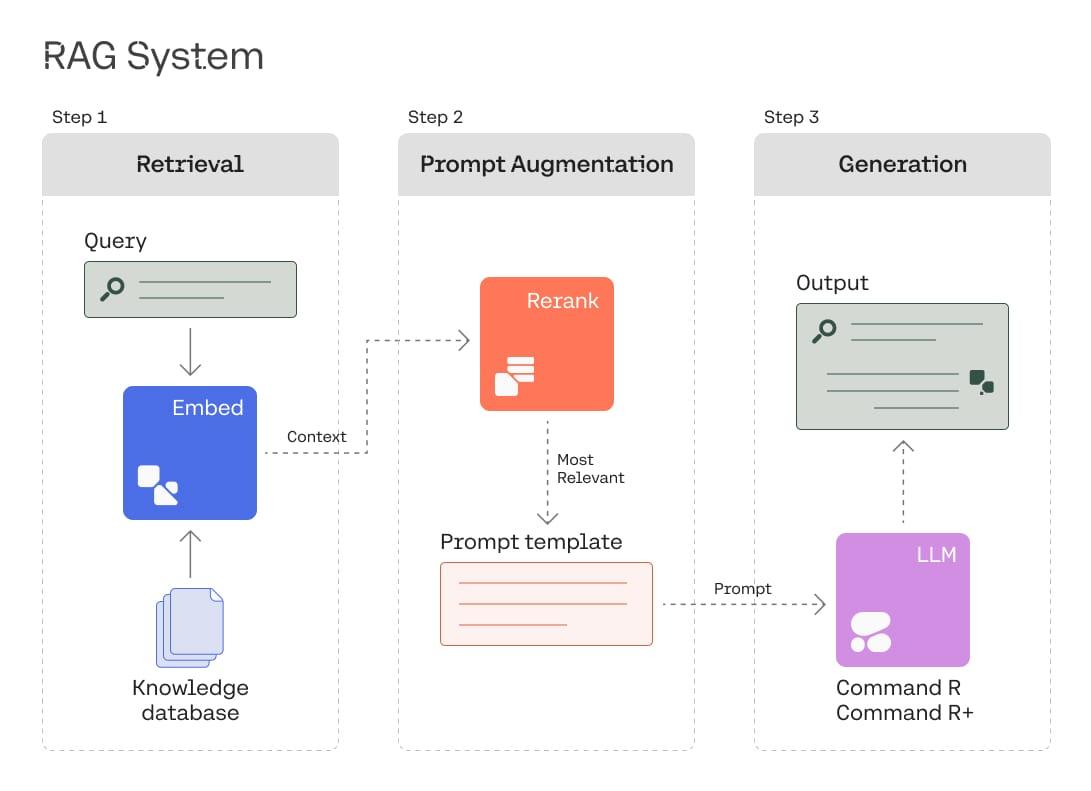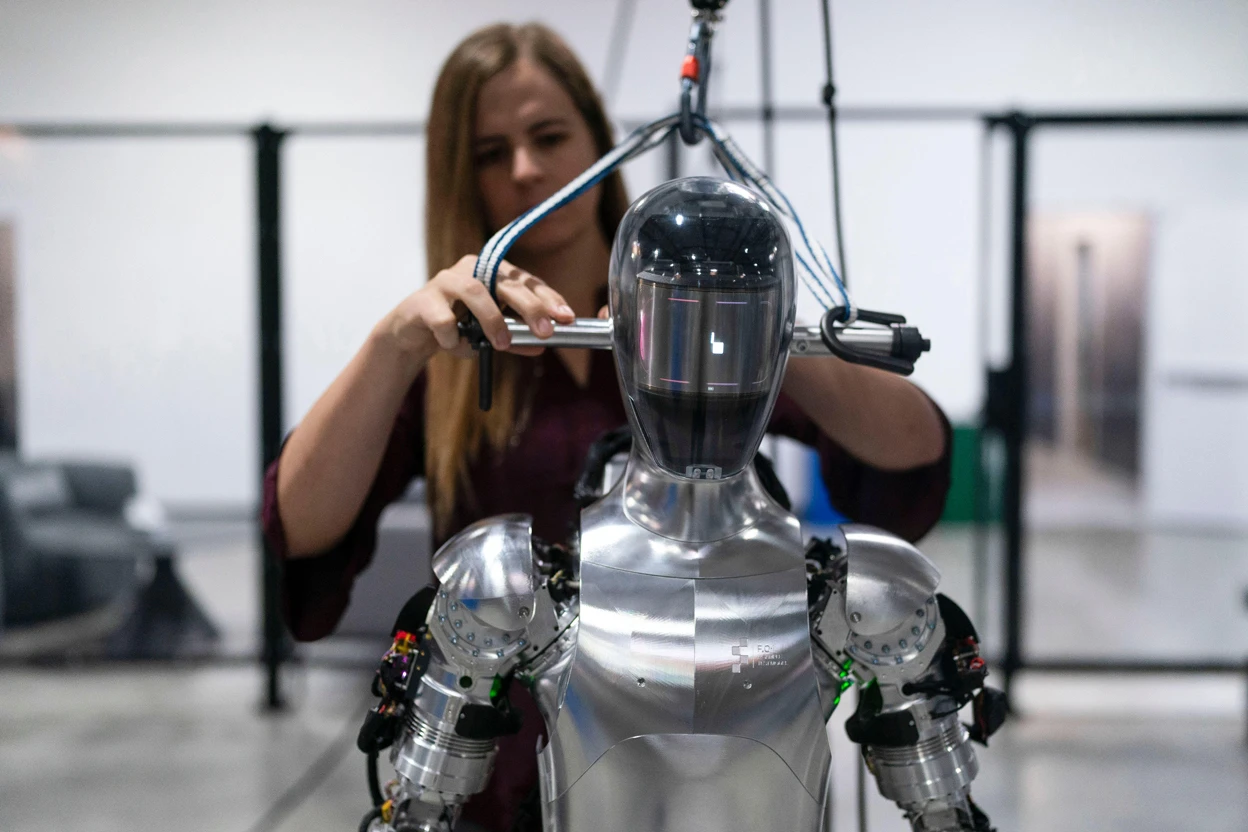Image: Open AI, Dall-E, prompt: “An AI eating software like a human eats a hamburger.”
Software – the infrastructure of 1s and 0s that has powered the digital age and created trillions of dollars in value and productivity – is at the beginning of a major upgrade cycle. Over the next decade, virtually every bit of software will be replaced by Artificial Intelligence (AI). The implications for our world and the global economy are profound.
Traditional software is hard-coded and static. Once shipped and deployed, it never improves until the next version is shipped and replaces it. Soon, all software will be powered by AI that learns and improves, often in real-time. Built around learning algorithms that adapt to new situations, AI software is more efficient and effective. This is particularly true for generative AI, which can create new data or software code on its own, without the need for human input.
ChatGPT is just the tip of the iceberg. This coming software replacement cycle will have an extraordinary impact on our economy. Incumbent software companies will soon be forced to produce upgraded AI software or face new AI-driven competitors offering far superior solutions. AI software can do things either so much better than before or, in many cases, things which software has never done before. Consequently, incumbent businesses in every industry will need to adopt new AI software to stay ahead of both their existing competitors and new entrants who are AI-native.
Radical’s founders have been building AI companies and ecosystems and investing in the world’s leading AI founders since before the beginning of the Deep Learning revolution a decade ago which transformed the early AI-adopting big tech companies into the most valuable businesses in the world.
That was just the warm-up act. What comes next will change everything. We at Radical Ventures couldn’t be more excited to be right in the middle of it all.
AI News This Week
-
How AI star Richard Socher challenges Google (Frankfurter Allgemeine Zeitung Podcast)
The Radical Ventures portfolio company You.com, is co-founded and operated by German AI luminary Richard Socher. Reporters spoke with Richard at the Digital-Life-Design conference in Munich this week. You.com recently released YouChat, an AI search assistant offering human-like answers to search queries. Richard discussed how YouChat compares to ChatGPT, an emerging business model that is less ad-based than traditional search, and how You.com could disrupt Google.
-
Machine learning models to accelerate the design of polymeric long-acting injectables (Nature Communications)
“AI is transforming the way we do science.” Radical Ventures Scientific Advisor Alán Aspuru-Guzik and University of Toronto colleague Christine Allen have successfully used AI to guide the design of long-acting injectable drug formulations. The innovation reduces the time and cost associated with developing promising new medicines. The study, published this week in Nature Communications, shows that machine-learning algorithms can be used to predict experimental drug release from long-acting injectables (LAI) and can also help guide the design of new LAIs.
-
Artificial Intelligence in strategy (McKinsey & Company)
When executives think about strategy automation, many are looking too far ahead – at how AI may determine the right strategy – and, missing opportunities to use AI as a building block for strategy. AI tools can help business leaders avoid biases in decisions, pull insights out of oceans of data, and make strategic choices more quickly.
-
AI is bringing the internet to submerged Roman ruins (MIT Technology Review)
Baiae is a submerged archaeological park in Italy that once hosted Roman nobility such as Mark Antony, Cicero, and Caesar. The ancient resort town’s remains are open to visitors, but changing sea conditions interfere with sending signals, which makes virtual viewing difficult. Using AI, visitors can explore the existing ruins and imagine a reconstruction of the city. The system modifies the information path as conditions change, allowing for a steady signal. The technology is now being applied across multiple archaeological sites.
-
Alejandro Jodorowsky’s ‘Dune’ was never made, but With AI, we get a glimpse of his ‘Tron’ (New York Times)
It took visionary Chilean filmmaker Alejandro Jodorowsky and his team two years of pure analog struggle to create his “Dune” – pencil on paper, paint on canvas, inventing the practical effects required to deliver his onscreen spectacle. From a simple prompt, we can see immaculate stills of what his “Tron” might have looked like in the 1970s – glowing “with an extravagant and psychedelic sensibility” that feels “distinctly Jodorowskian.”
Radical Reads is edited by Ebin Tomy.





